
ECG
- 250
2D ECHO WITH COLOR DOPPLER
- 1750
TMT - CARDIAC STRESS TEST (TMT)
- 1800
ECG BEDSIDE
- 350
What is Cardiology and Why It Matters
Cardiology is the branch of medicine that focuses on the diagnosis, treatment, and prevention of diseases related to the heart and blood vessels—collectively known as the cardiovascular system. Specialists in this field are known as cardiologists.
Cardiology deals with a wide range of conditions including:
- Heart attacks
- Coronary artery disease (CAD)
- Heart failure
- Arrhythmias (abnormal heart rhythms)
- Congenital heart defects
- High blood pressure (hypertension)
- Valvular heart diseases
The heart is central to life—it pumps blood that carries oxygen and nutrients to every part of the body. That’s why cardiology is one of the most critical fields in healthcare.
What Do Cardiologists and Cardiology Labs Do?
Cardiologists use a combination of:
- Clinical examination
- Diagnostic tests
- Imaging
Invasive procedures
to detect and treat heart-related problems.
Common Cardiology Tests and Procedures:
- ECG (Electrocardiogram) – Records electrical activity of the heart.
- Echocardiogram – Uses ultrasound to visualize the heart’s structure and function.
- Stress Test (TMT) – Assesses how the heart responds to physical activity.
- Holter Monitor – 24-48 hour ECG monitoring.
- Angiography – Imaging of coronary arteries.
- Blood Tests – Cardiac markers like troponin, cholesterol levels.
- Blood Pressure Monitoring – Checks for hypertension.
Why Cardiology Matters
❤️ 1. Heart Disease is the No.1 Global Killer
Cardiovascular disease (CVD) is the leading cause of death worldwide. Cardiology helps prevent, detect, and treat these life-threatening conditions before they become fatal.
⚠️ 2. Early Detection Saves Lives
Many heart diseases are silent in the early stages. Routine cardiology checkups and tests like ECG, cholesterol levels, or stress tests can detect problems early and prevent complications like heart attacks or strokes.
🧪 3. Diagnosis of Complex Conditions
Cardiology is essential in diagnosing:
- Chest pain causes (whether heart-related or not)
- Irregular heartbeats
- Congenital heart defects
- Valve diseases
These conditions often require advanced imaging and interpretation that only trained cardiologists can provide.
💊 4. Guides Treatment and Medication
Cardiology determines the correct treatment for each condition—whether lifestyle changes, medications, or procedures like:
- Angioplasty
- Stent placement
- Pacemaker insertion
- Bypass surgery
Personalized treatment prevents worsening of disease and improves quality of life.
🧘 5. Promotes Preventive Heart Care
Modern cardiology also emphasizes prevention. Through risk factor assessment (e.g., family history, cholesterol, blood pressure), cardiologists help patients avoid heart disease through:
- Diet and lifestyle guidance
- Blood pressure and sugar control
- Smoking cessation programs
🏥 6. Essential in Emergency Care
Cardiology plays a vital role in critical and emergency care, especially in:
- Heart attacks (myocardial infarctions)
- Cardiac arrests
- Stroke risk management
- Pulmonary embolism
Quick and accurate cardiac diagnosis can mean the difference between life and death.
Conclusion
Cardiology matters because the heart matters. Every beat of the heart sustains life, and ensuring its health is essential for overall well-being.
Through advanced diagnostics, skilled interventions, and preventive care, cardiology helps people live longer, healthier, and more active lives. Whether you’re at risk or simply aiming for a healthy heart, regular heart checkups and awareness can make a world of difference.
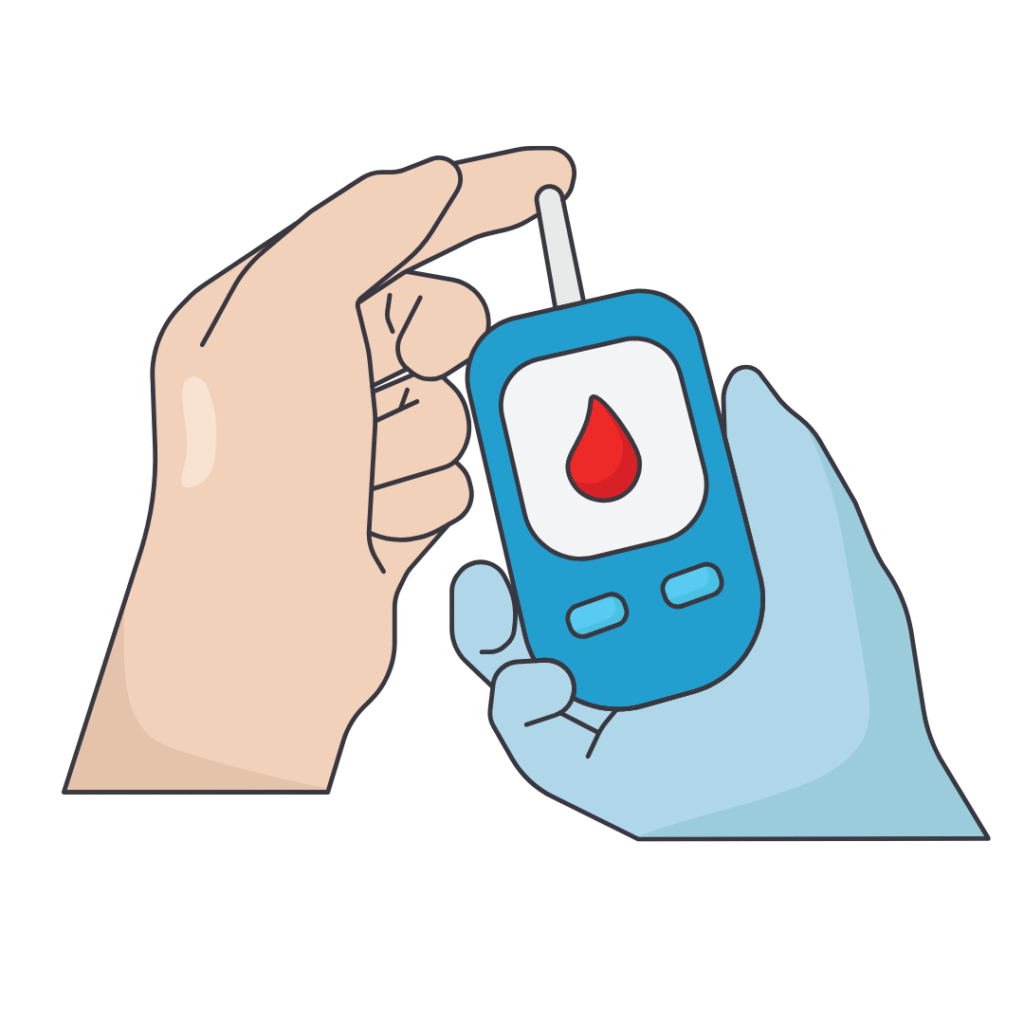
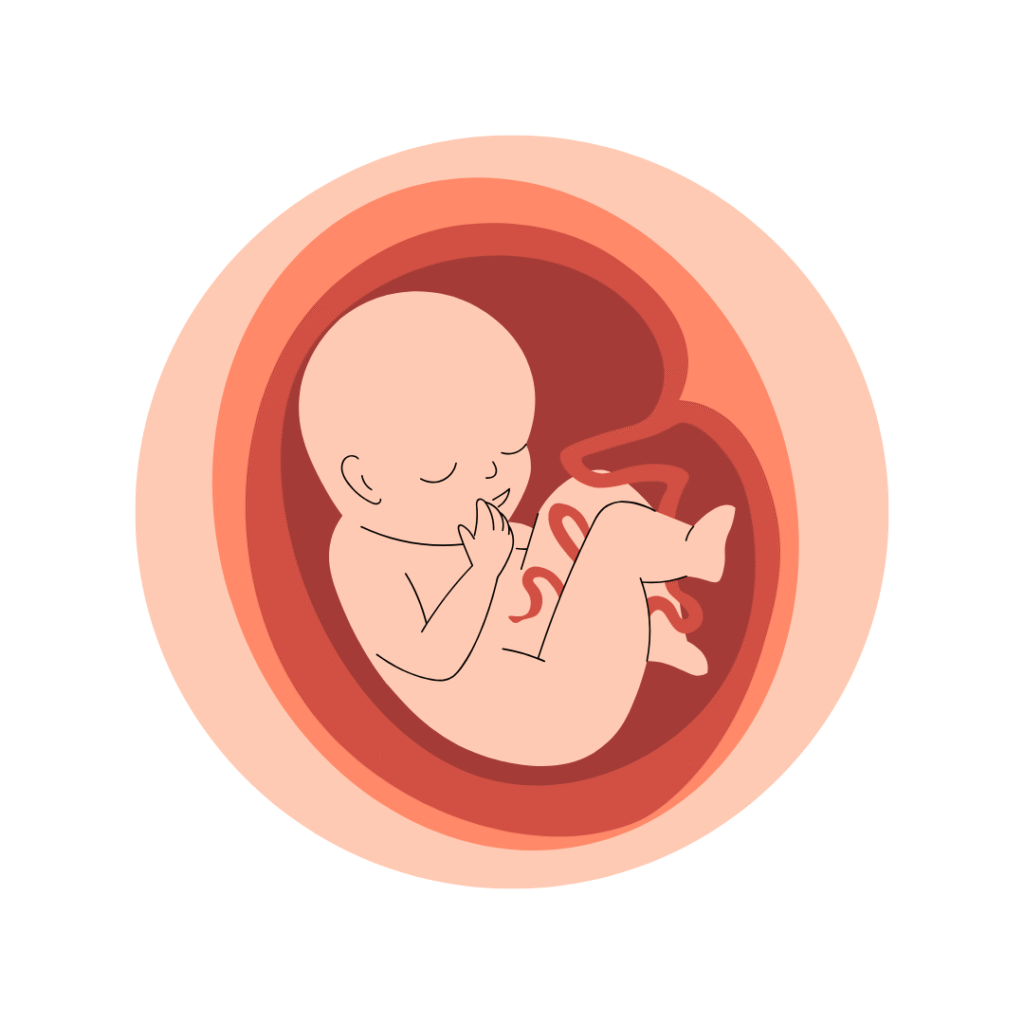
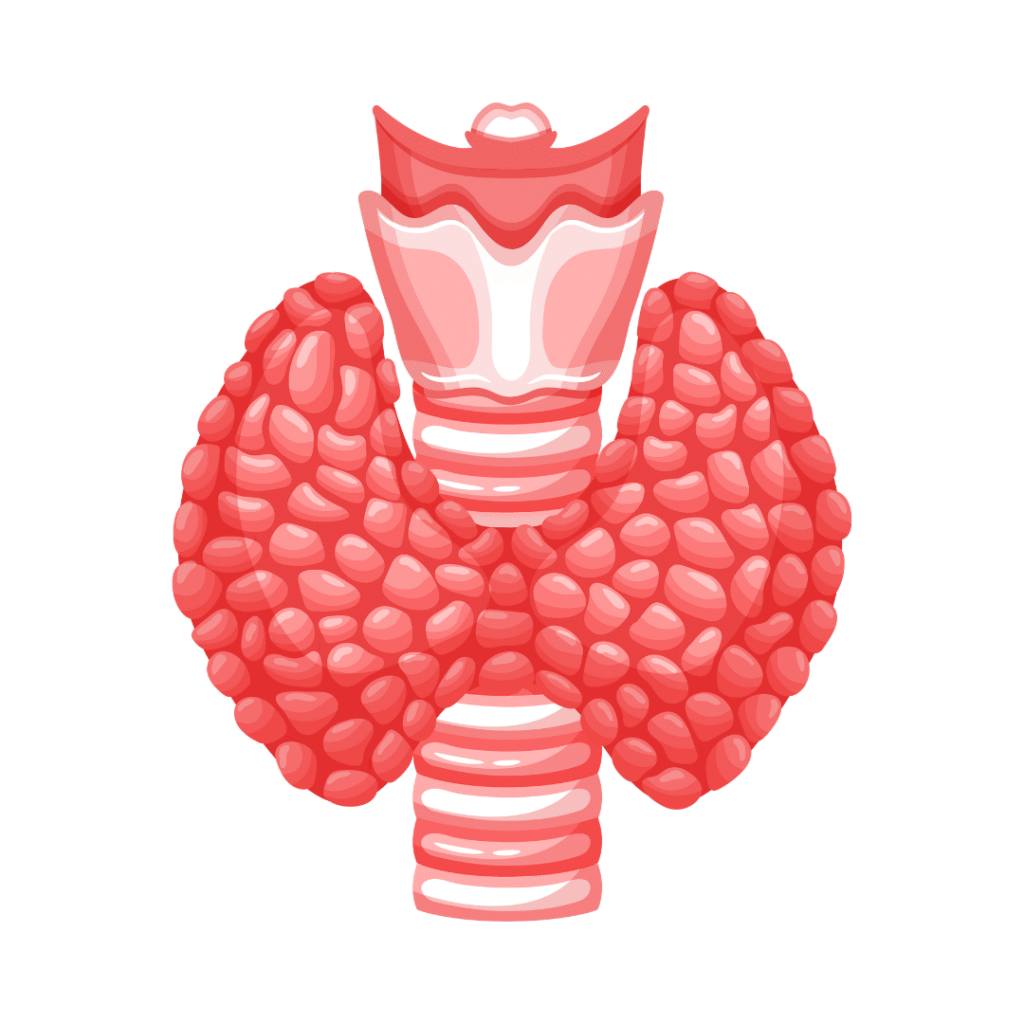
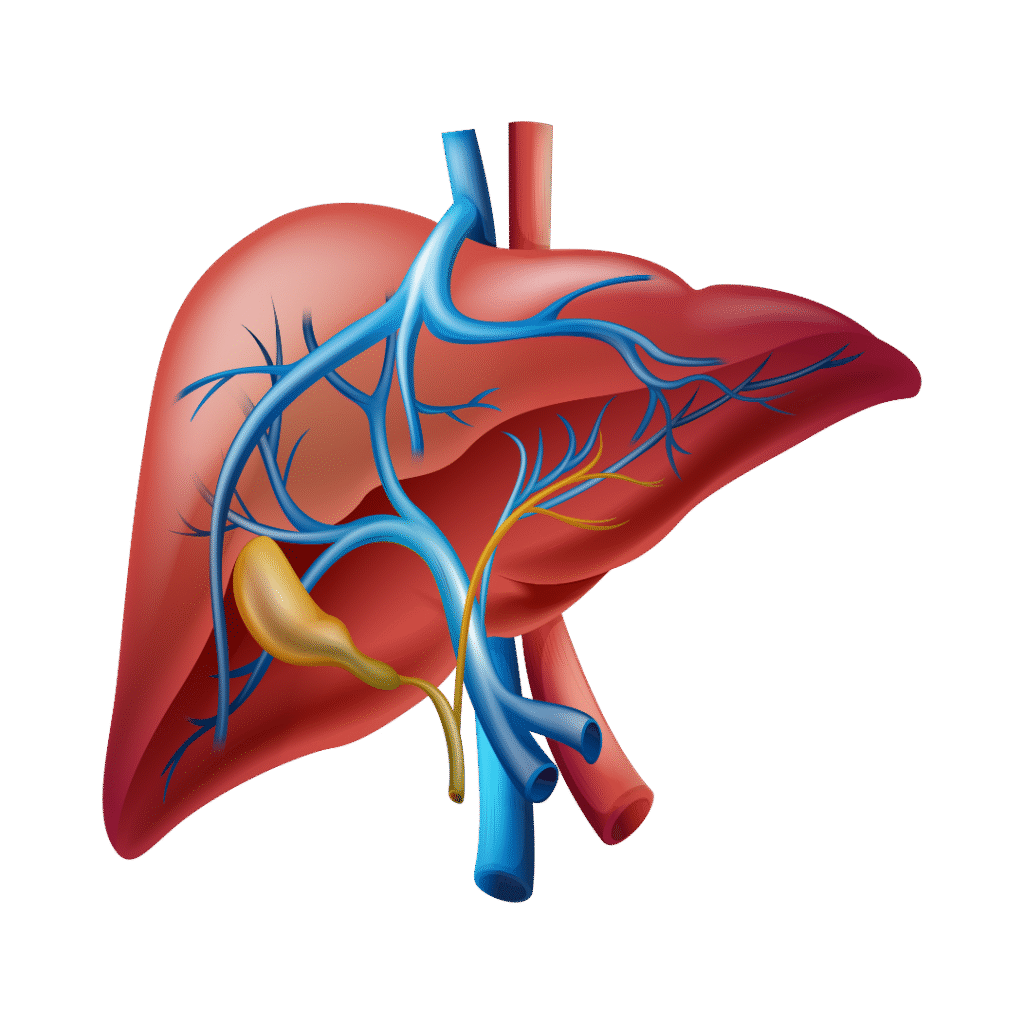
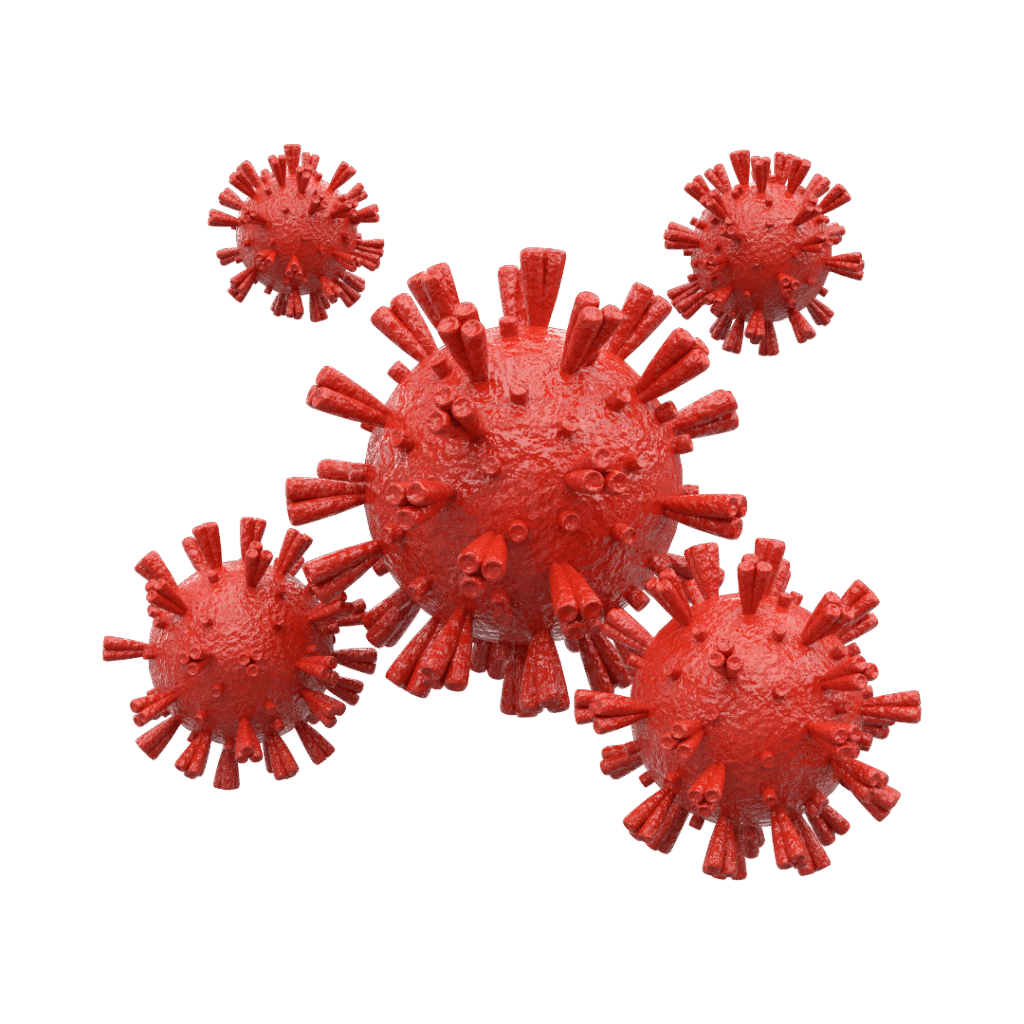
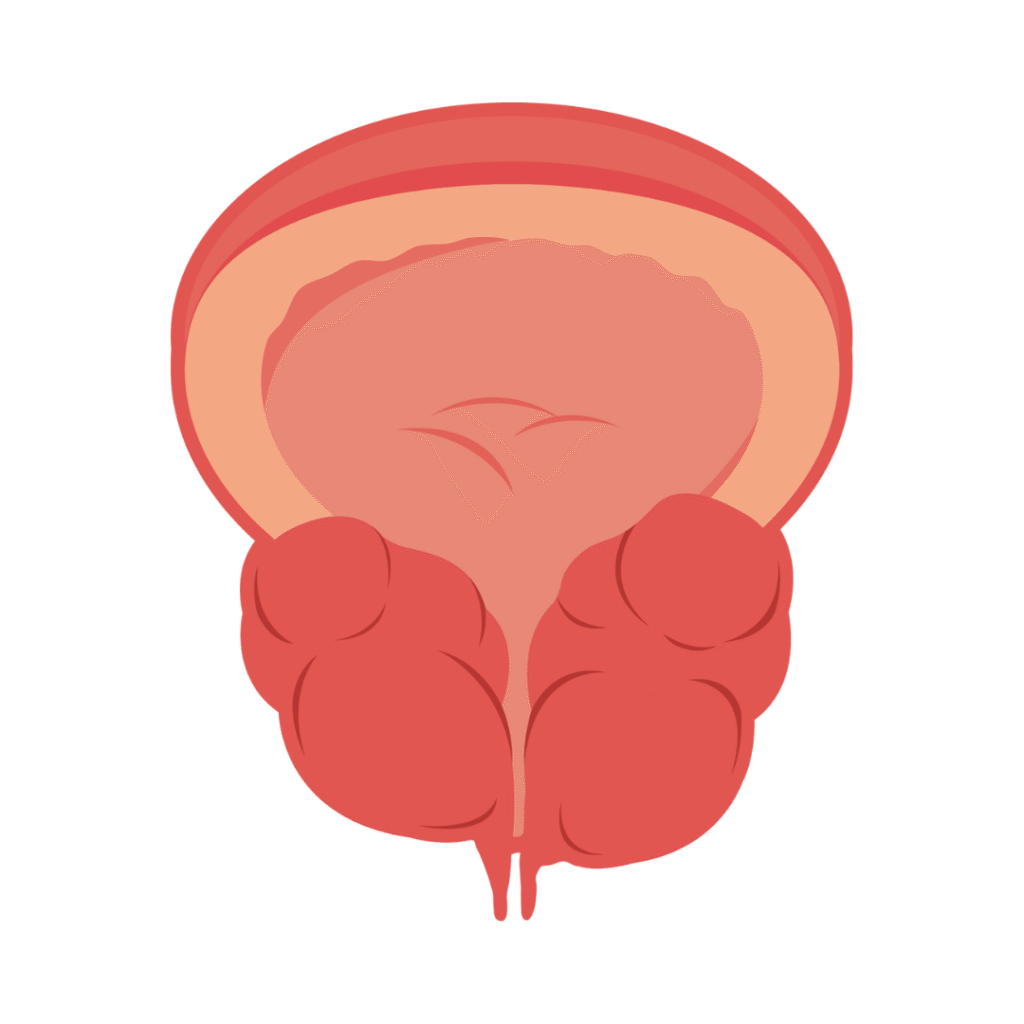
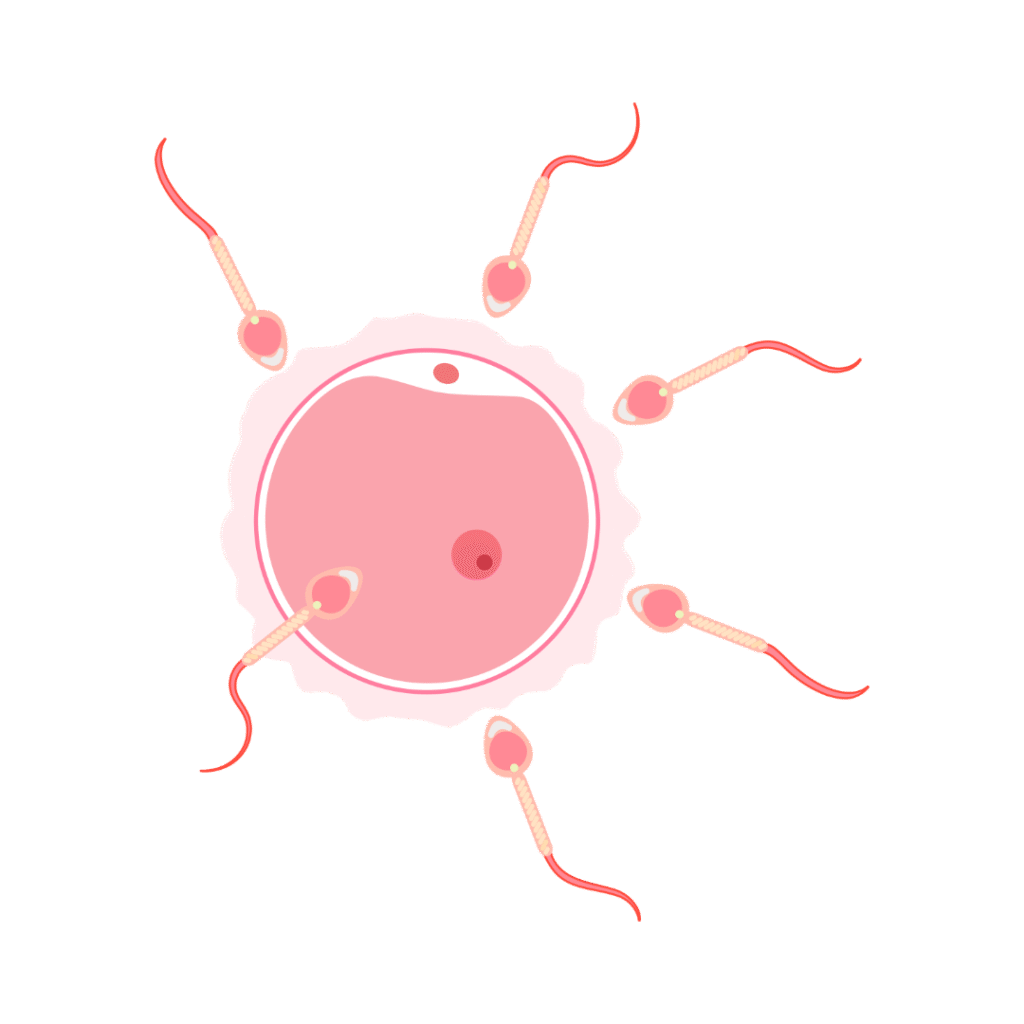
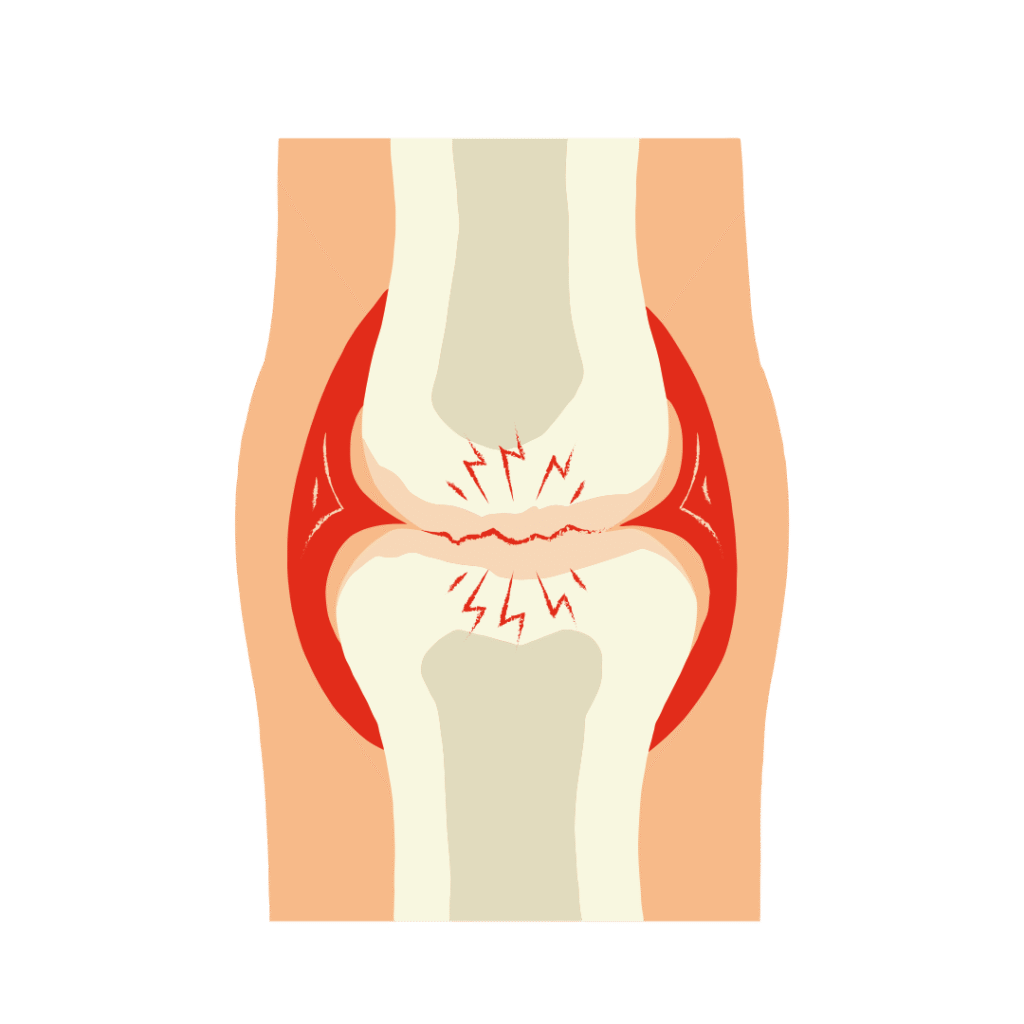
Diabetes
Pregnancy
Thyroid
Liver
Covid
Prostate
Fertility
Bone

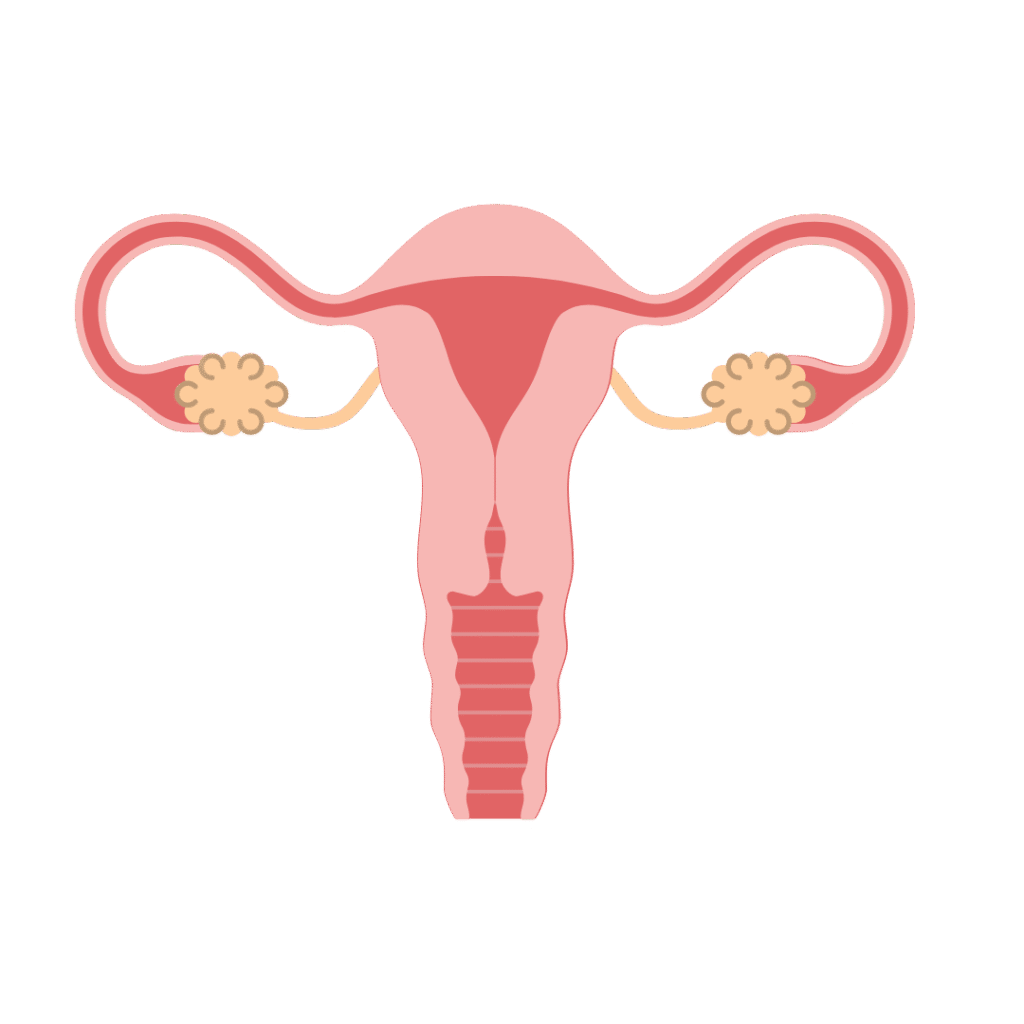
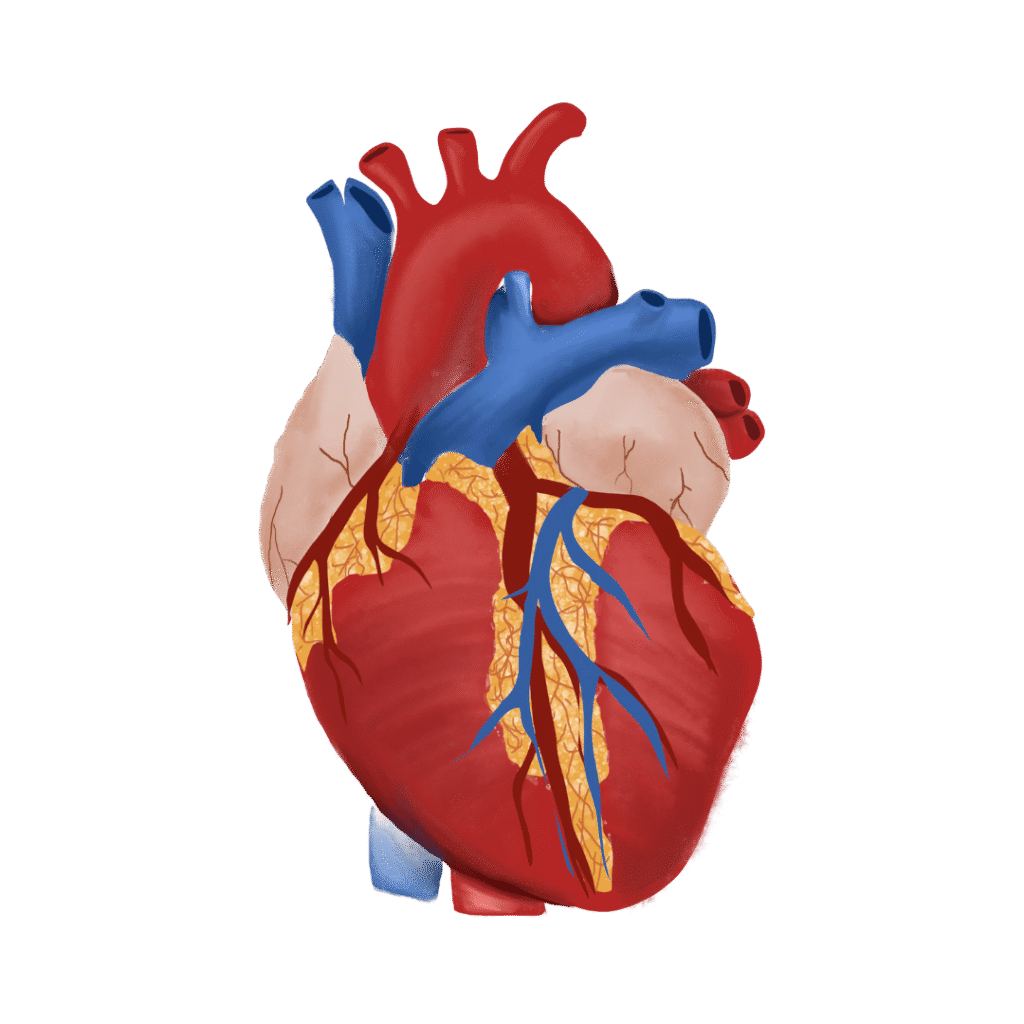
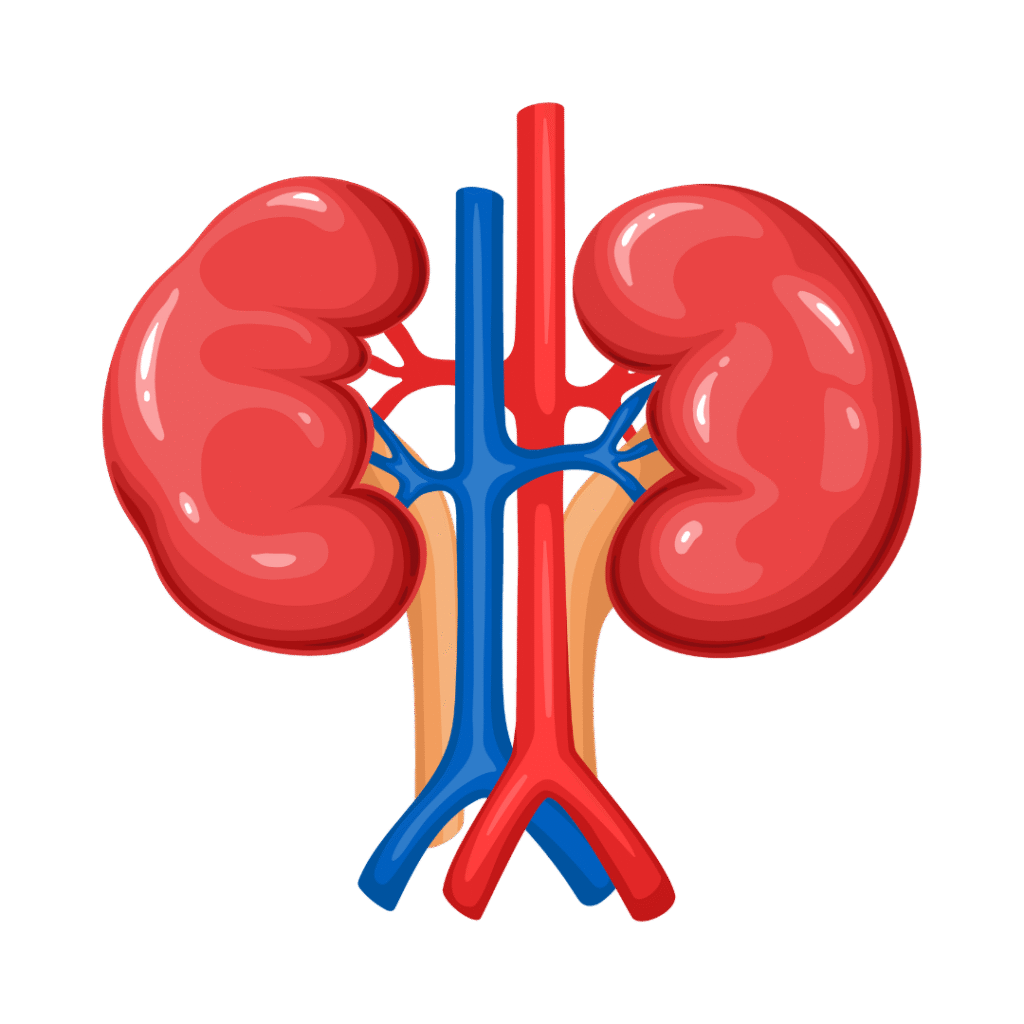
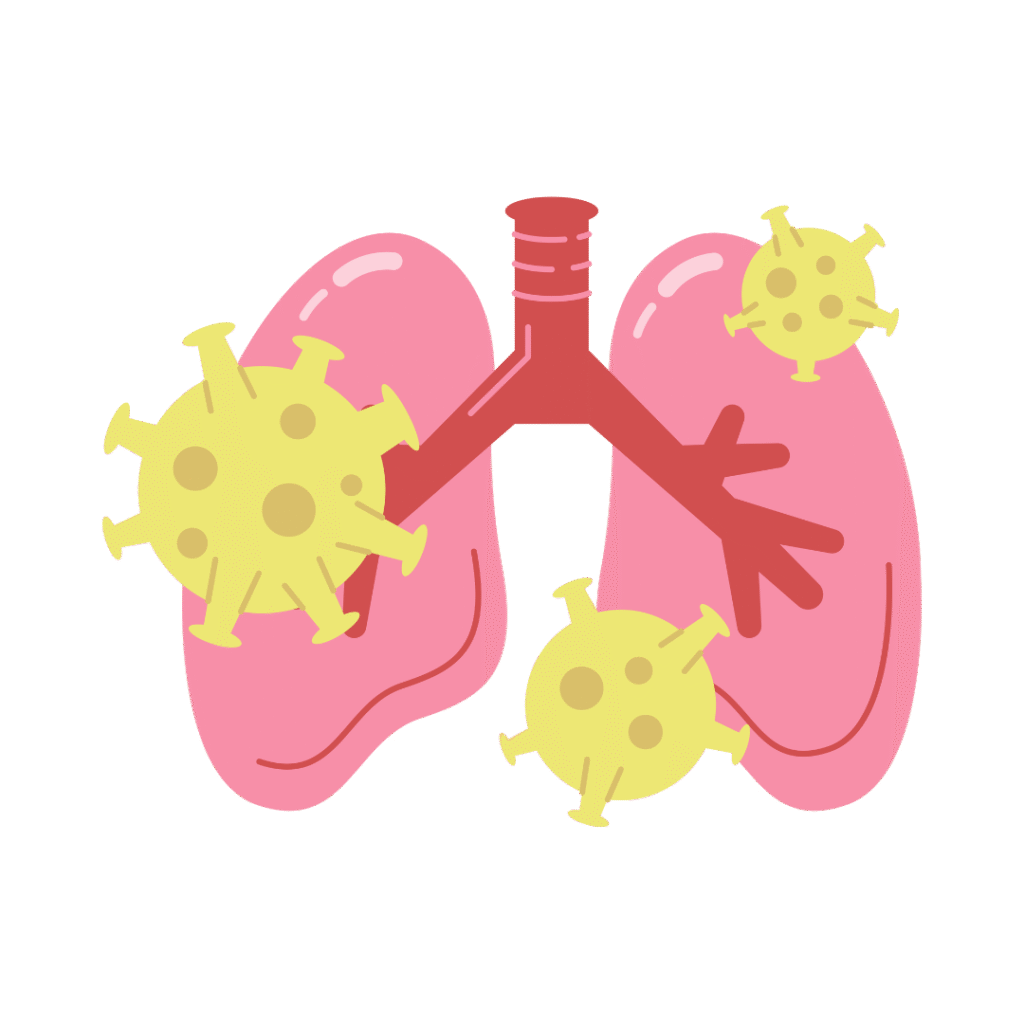
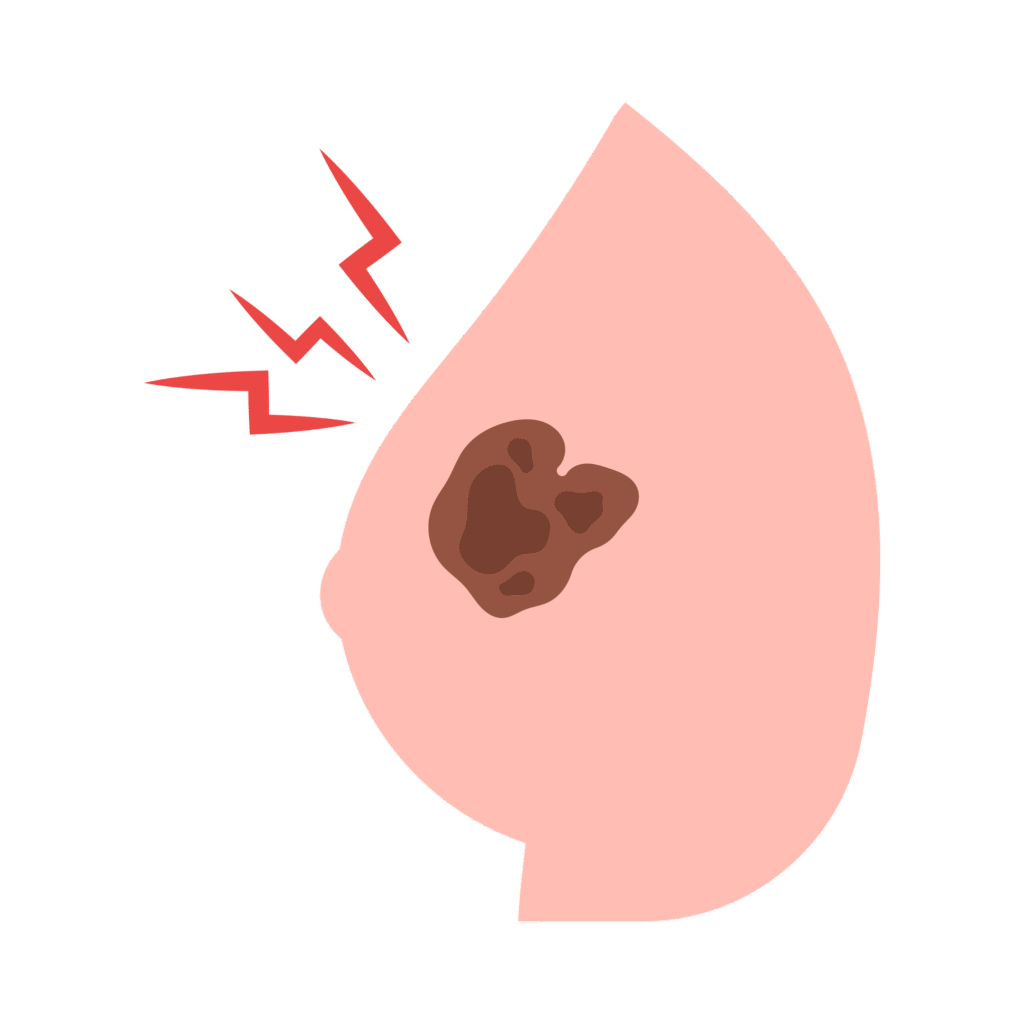

Gastro
Cervix
Heart
Kidney
cancer
breast
Vitamins
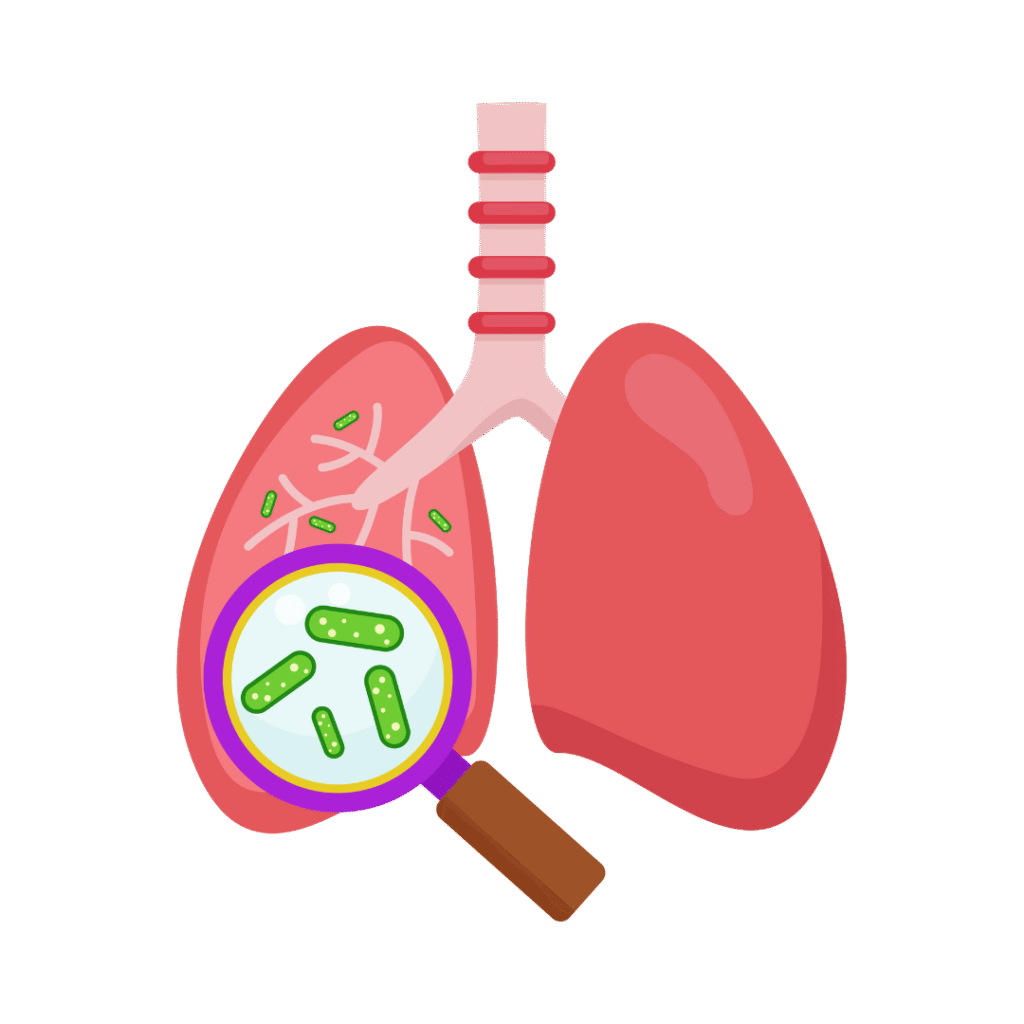
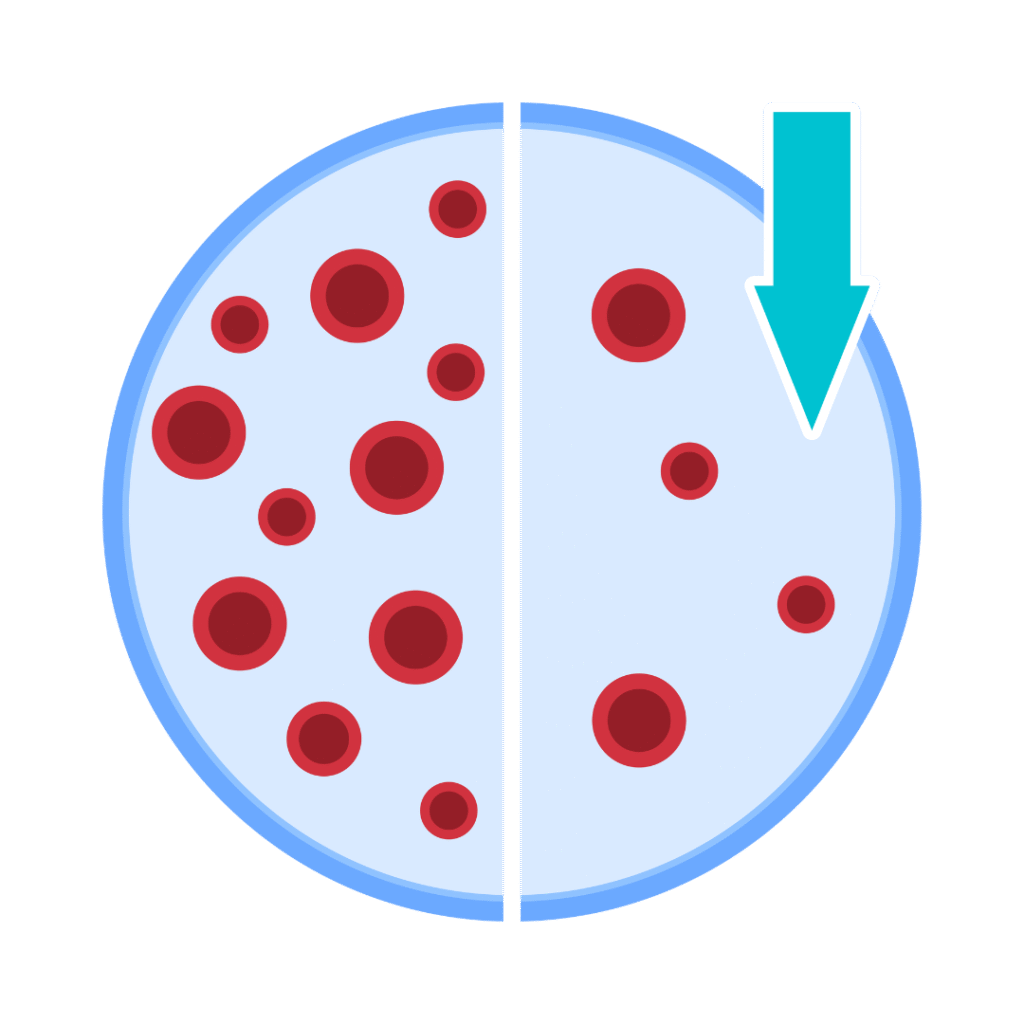
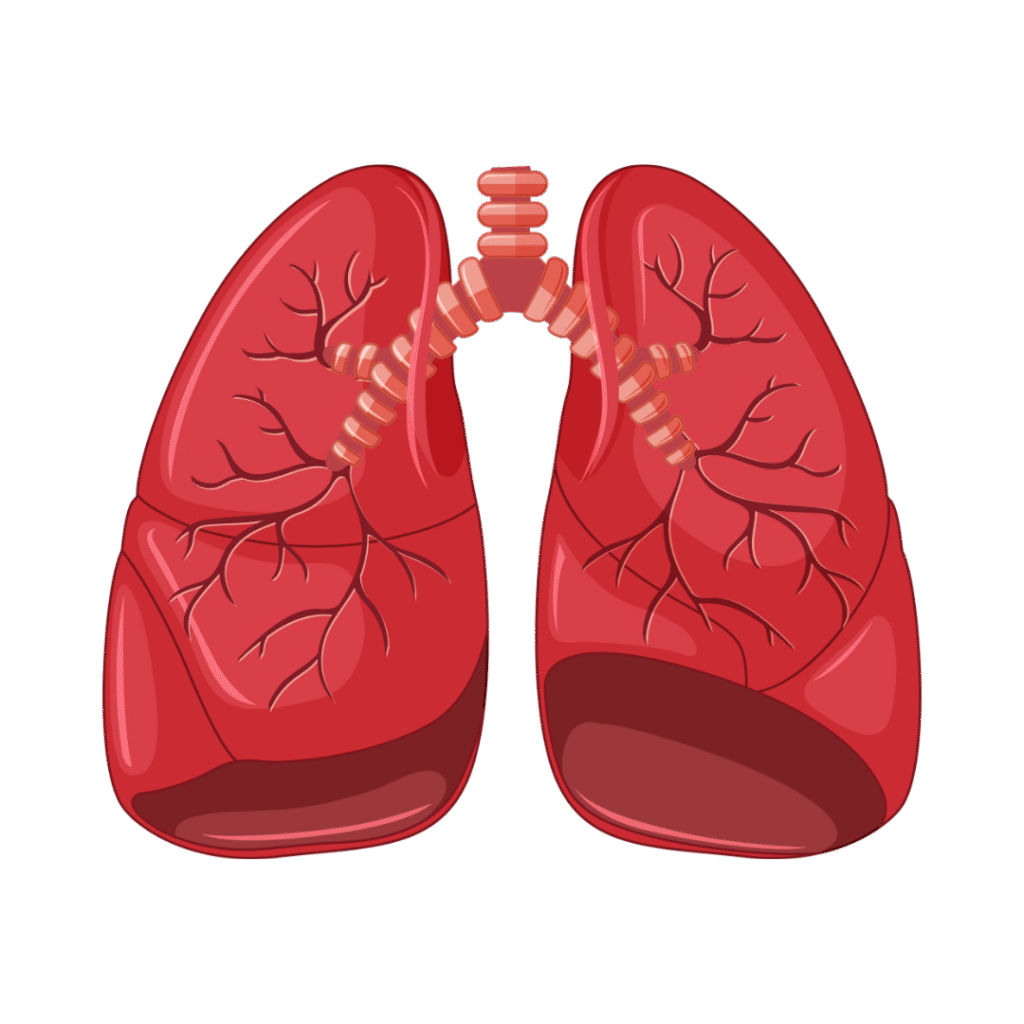
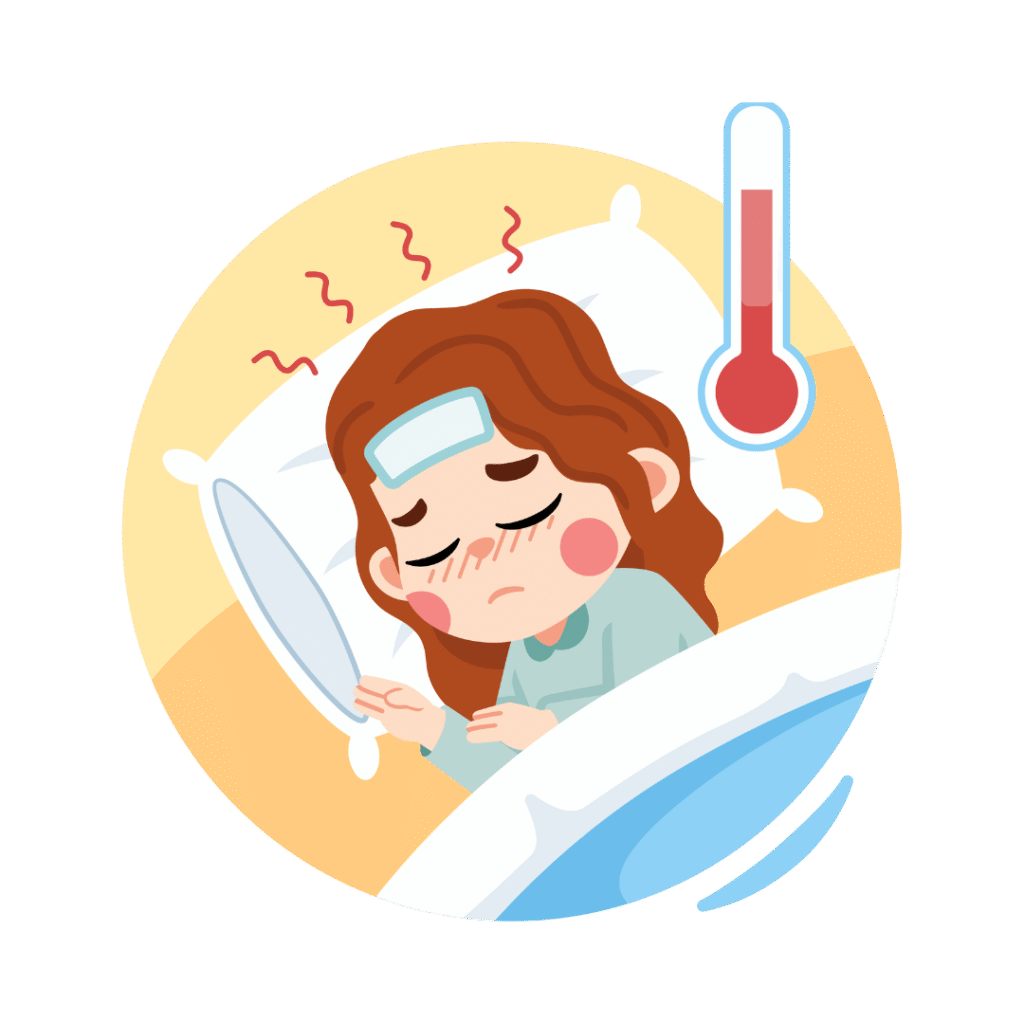

Tuberculosis (TB)
Anemia
Lungs
Fever
Allergy
Frequently Asked Questions
Cardiology is the branch of medicine that focuses on the diagnosis and treatment of heart and blood vessel conditions, including heart disease, arrhythmias, and high blood pressure.
Your diagnostic center may offer:
ECG (Electrocardiogram)
Echocardiogram (2D Echo)
TMT (Treadmill Test or Stress Test)
Holter Monitoring
Cardiac CT or MRI
Blood tests (e.g., Troponin, Lipid Profile)
You should consult a cardiologist if you experience:
Chest pain or tightness
Shortness of breath
Irregular heartbeat
High blood pressure
Family history of heart disease
Unexplained fatigue or dizziness
An ECG records the electrical activity of your heart. It helps detect abnormal rhythms, heart attacks, or other heart conditions quickly and painlessly.
An Echo is an ultrasound of the heart that shows its structure, valve function, and pumping strength. It’s safe, painless, and widely used in cardiac diagnosis.
A TMT checks how your heart functions under physical stress. You walk on a treadmill while your ECG and blood pressure are monitored—useful for diagnosing blockages or coronary artery disease.
Most tests, like ECG, Echo, and TMT, are non-invasive and painless. Some advanced procedures may require minor preparation or fasting.
Fasting is not required for ECG or Echo, but may be needed before:
TMT
Certain blood tests (e.g., Lipid Profile)
Your healthcare provider will guide you based on the test.
To reduce your risk:
Eat a heart-healthy diet
Exercise regularly
Quit smoking
Manage stress and sleep
Control diabetes, BP, and cholesterol
Schedule regular cardiac checkups
ECG & Echo: Usually immediate or same day
TMT & Holter: Within 24–48 hours
Blood tests: Typically within 12–24 hours
